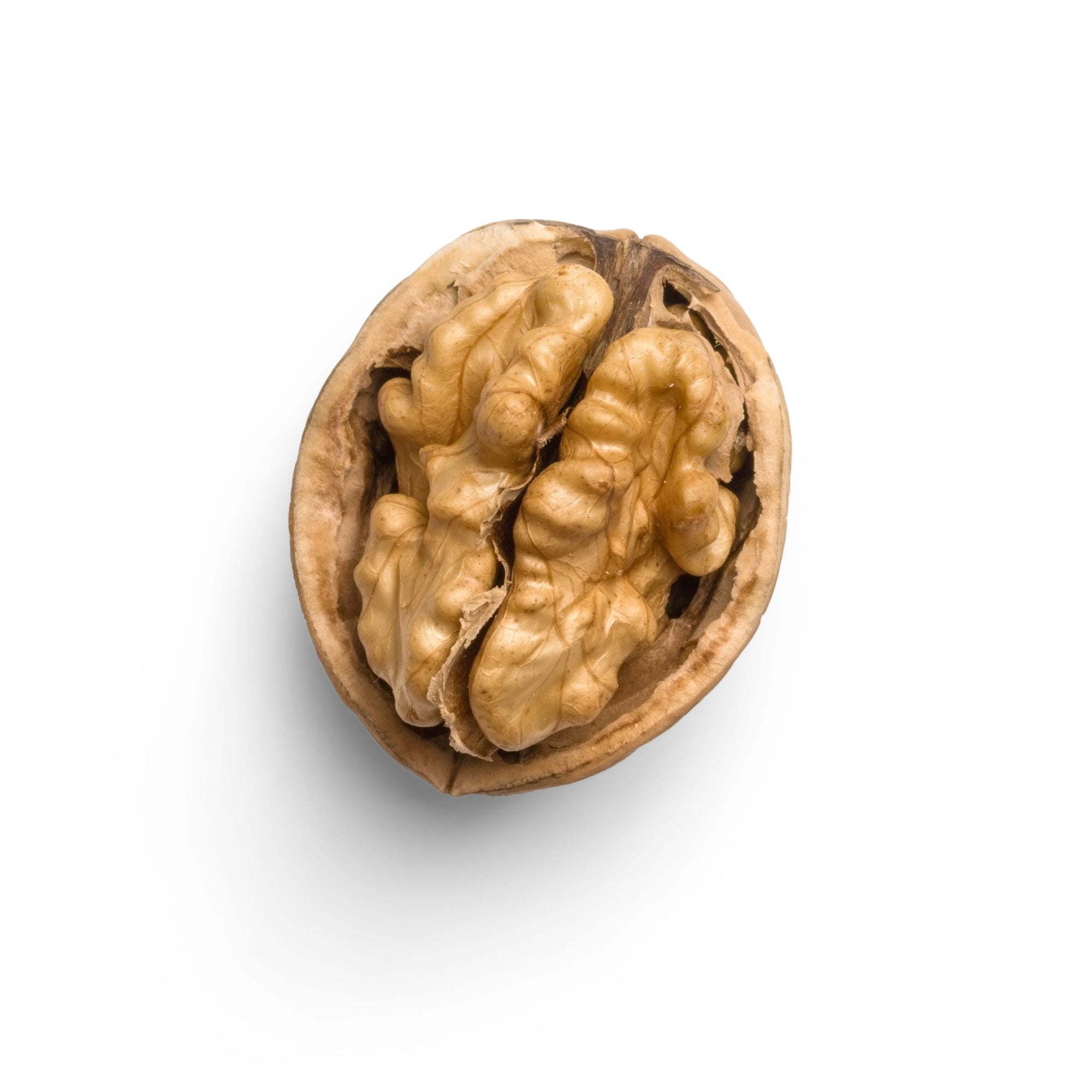Brain function and the Mediterranean Diet: tackling depression, dementia and weight loss
We’ve talked before about the benefits of the Mediterranean diet ( https://www.nogginbrain.co.uk/add-a-taste-of-the-mediterranean-to-your-plate/ ) and it’s worth noting the science behind the recommendations on what to eat as part of a diet designed for health and wellbeing.
Scientific research shows that polyphenols may be beneficial for brain health, specifically when it comes to depression, since polyphenols influence neurotransmitters in the brain that possess anti-depression activities.
In addition to regular exercise and maintaining a healthy weight, the World Health Organisation also specifically recommends following a Mediterranean diet to decrease your risk of developing dementia as it is “the most extensively studied dietary approach in relation to cognitive function”.
When it comes to weight loss the study of more than 10,000 Spanish women and men over a 5-year period, researchers found that those who had adhered the most high to the Mediterranean diet gained the least amount of weight annually compared to those who didn’t stick with it as closely.
In addition, when compared with a low-fat diet in another study, the Mediterranean diet resulted in almost double the amount of weight loss, thanks to a higher intake of satiating fats and fibre which tend to stabilise your blood sugar, the researchers note.
So eat plenty of these:
Fish and other types of seafood at least twice per week
Olive oil ( extra virgin olive oil if you can)
Nuts and seeds
Colourful fruits and vegetables- the more variety of colour of these you can eat the better variety of phytonutrients you will have in on your plate
Whole grains such as quinoa, and oats
Fresh herbs
Beans and legumes
And moderate these:
Alcohol
Processed carbohydrates
Processed meats
Refined sugars
There’s more information to be found on the NHS website.
Keep Well
Dr Clara Russell









